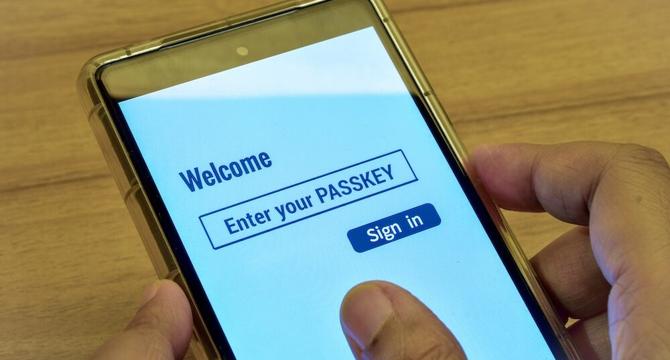Ars Technica
4w
88

Image Credit: Ars Technica
Coming to Apple OSes: A seamless, secure way to import and export passkeys
- Apple introduced a new feature to address limitations with passkeys, a secure authentication standard used for websites and apps.
- The import/export feature demonstrated at the Worldwide Developers Conference will be available in upcoming releases of iOS, macOS, iPadOS, and visonOS.
- Passkeys have been criticized for lacking transferability across different platforms or devices.
- The FIDO Alliance is working on interfaces to enhance passkey syncing flexibility across various systems.
- Developers from companies like Google, Dashlane, 1Password, Bitwarden, and others are actively implementing import/export tools.
- The move to passkeys aims to mitigate the issues associated with passwords, such as weak choices, reuse, leaks, and phishing.
- Under the FIDO2 spec, passkeys involve a unique keypair for each account, enhancing security and preventing data compromise.
- Passkeys do not share secrets outside the user's device, making them resilient to common security threats.
- The main challenge with passkeys currently is their lack of usability and interoperability.
- Apple's demonstration suggests progress in improving passkey usability and functionality.
- The transfer feature will also work with passwords and verification codes, providing users with more control over their credentials.
- Passkeys aim to provide a more secure means of authentication compared to traditional passwords.
- The feature ensures credentials are managed where users choose, improving data control and flexibility.
- The development of passkey import/export tools signals a move towards a more user-friendly and secure authentication ecosystem.
- Passkeys are designed to prevent credential phishing, password leaks, and other common attack methods.
- The passkey feature enhances security by creating unique keypairs for each account and preventing shared secrets.
- Passkeys aim to address the limitations of traditional passwords and enhance data security for users.
Read Full Article
5 Likes
For uninterrupted reading, download the app